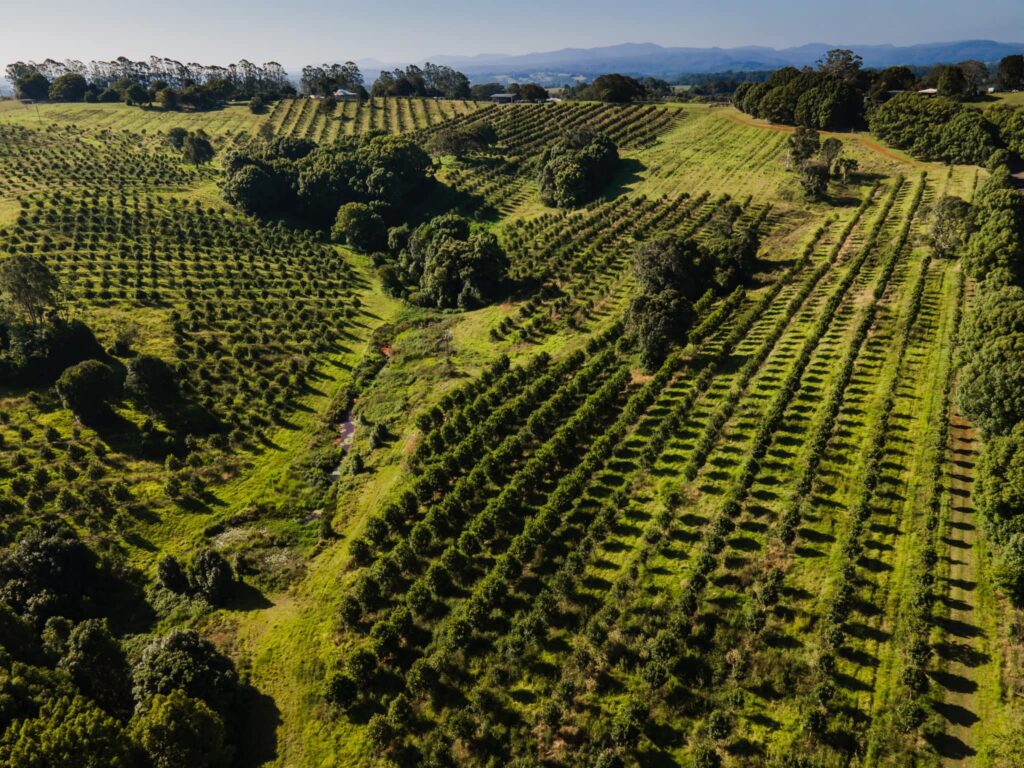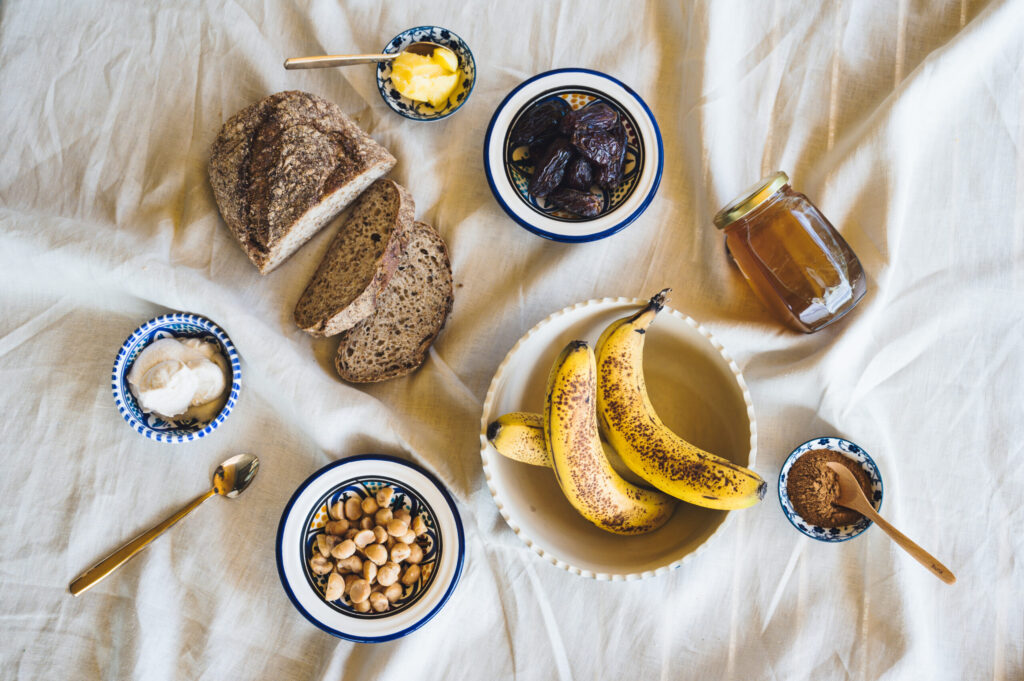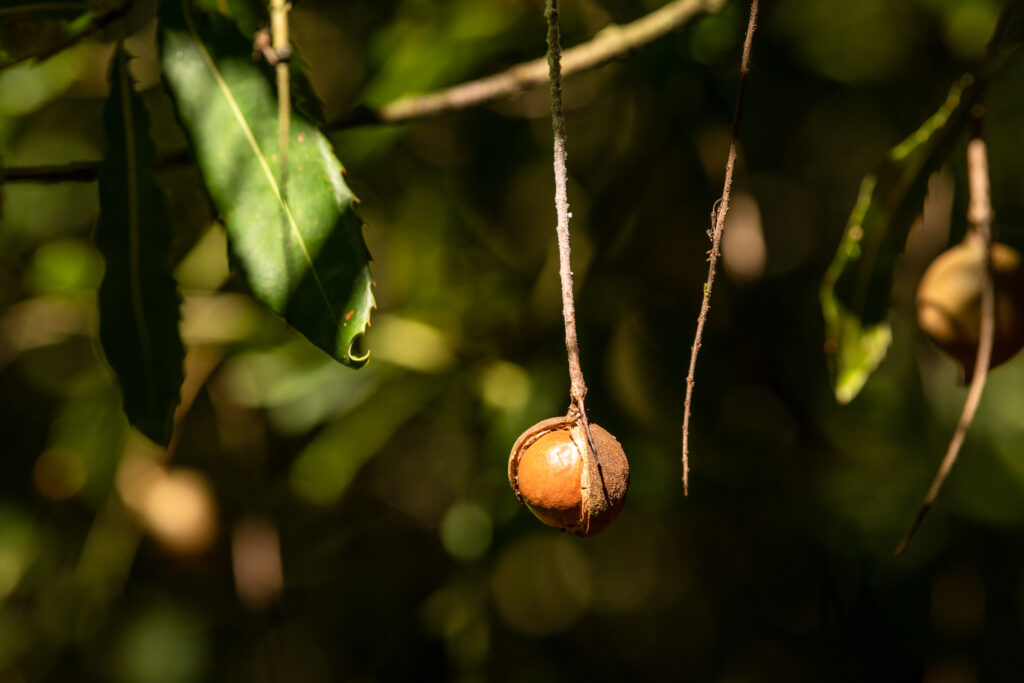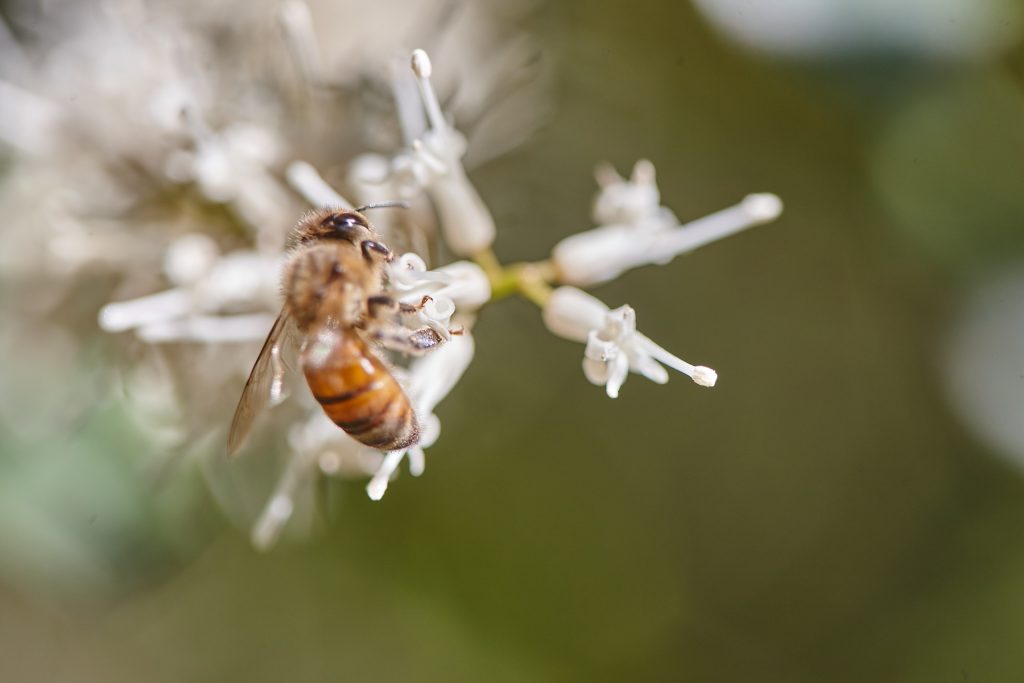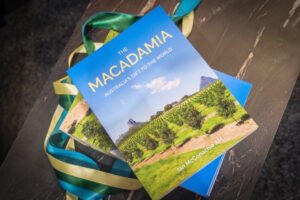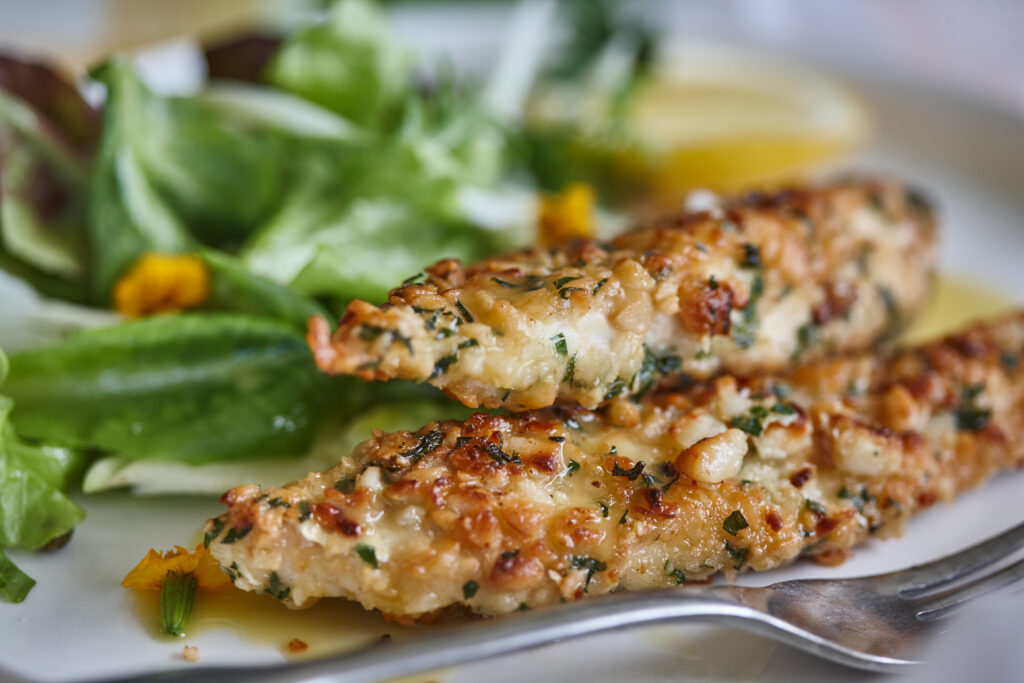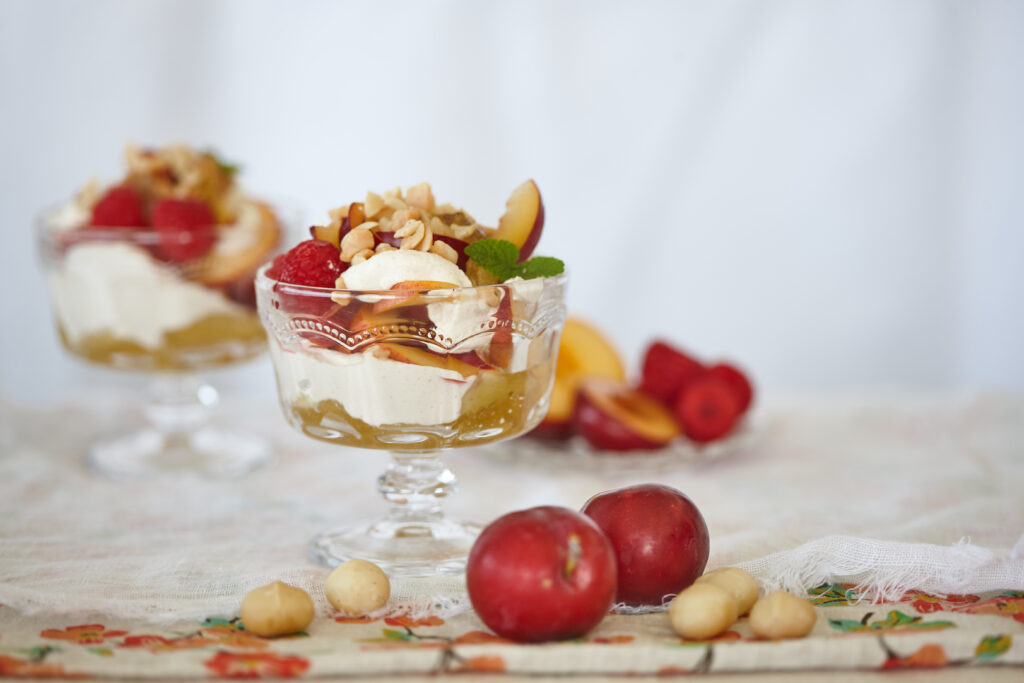Australian Macadamia farmers love bees because, like most of the world’s nut farmers, they know they are dependent on them.
In fact, it’s impossible to underestimate the importance of bees to the global food system. One in every three mouthfuls of food eaten in the world depends the role bees play in pollinating crops. Many commonly eaten fruits, nuts and vegetables rely on a visit from some kind of bee each season in order to produce food for human consumption.
But around the world, bee populations are under threat. Over the last two decades, apiarists across Europe and the United States have been experiencing ‘colony-collapse’ at an alarming rate. This is where worker-bees simply abandon their queen, their food and the more immature bees in a colony. Farmers in the US routinely lose 30% of their bees each season.
Experts (including Australians at the forefront of research) agree that there is no single cause of colony collapse disorder, although there are a number of contributing factors. These include pesticides and fungicides, as well as natural parasites, pathogens and the impacts of climate change and urbanisation. All these things simply stress out the bees to the point that they leave their perfectly healthy hives without warning.
Colony collapse disorder is not yet a problem in Australia and macadamia farmers are working to keep it that way with an ever-increasing number of bee-friendly initiatives on their farms.
Native bees for native nuts
Many macadamia farmers use native stingless bees as a natural pollinator for their trees. These small bees are the perfect insect to crawl inside the hundreds of tiny flowers on each stalk-like raceme produced by a blossoming macadamia tree. Using native bees not only helps boost the productivity of the farms, it also protects local honey bee populations.
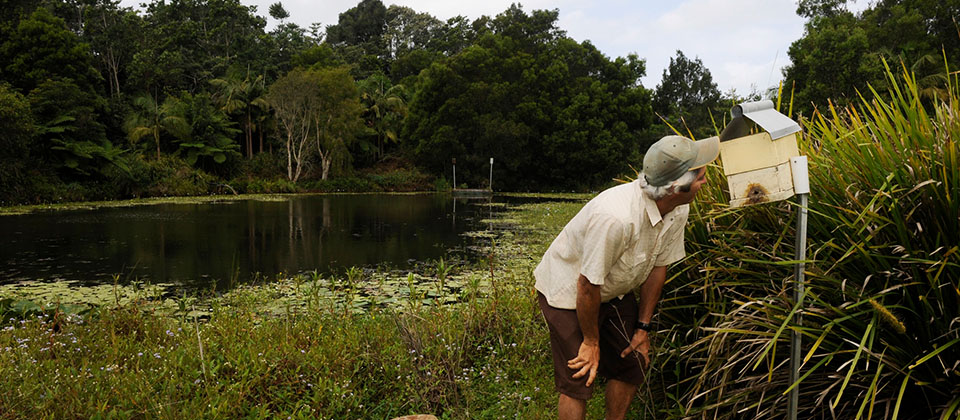
Committed to Biodiversity
Macadamia growers are committed to maintaining biodiversity on their farms. By regenerating rainforests (as Brookfarm has, for instance), they protect the natural topography of their farms, protect waterways and create environments where all native animals can flourish. This creates pockets of refuge for bees around the farm to assist them to forage for food and water without stress.
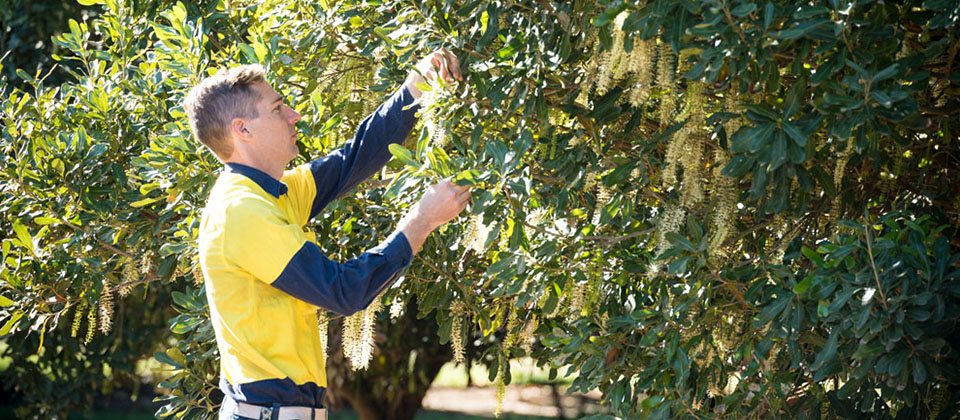
Biological Pest Control
Australian macadamia producers lead the world in their use of biological pest control. They use a process called integrated pest management. This is where farmers work with nature to balance the insect life on their farms, introducing natural predators to attack the pests that have a negative impact on the macadamia trees. For instance, many farmers use trichogramma wasps to help control nut borer beetles and several farms employ native barn owls to fight off rodents. These biological controls mean that the industry has reduced its reliance on the use of sprays which helps to keep the bees that pollinate the nuts happy.

